
China
22:47, 11-Oct-2018
40 Elites in 40 Years: Turning unknown monkeys into superstars
Updated
21:54, 14-Oct-2018
CGTN
03:49
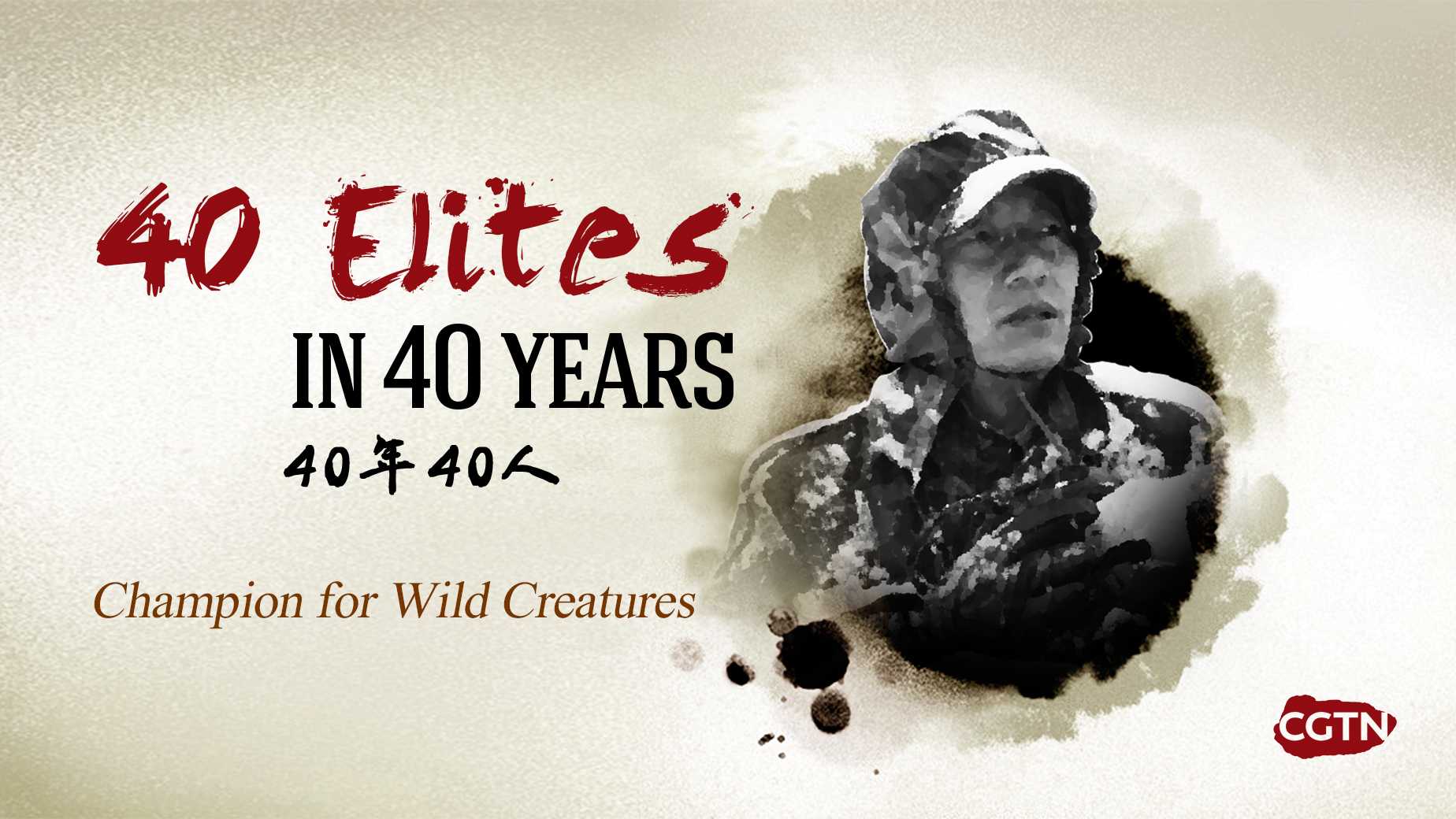
"Going after the footprints of wild animals, you can see the most beautiful scenery in the world. You can see the other side of the world, which is full of strength, wildness and tenderness," said Xi Zhinong about being a wildlife photographer.
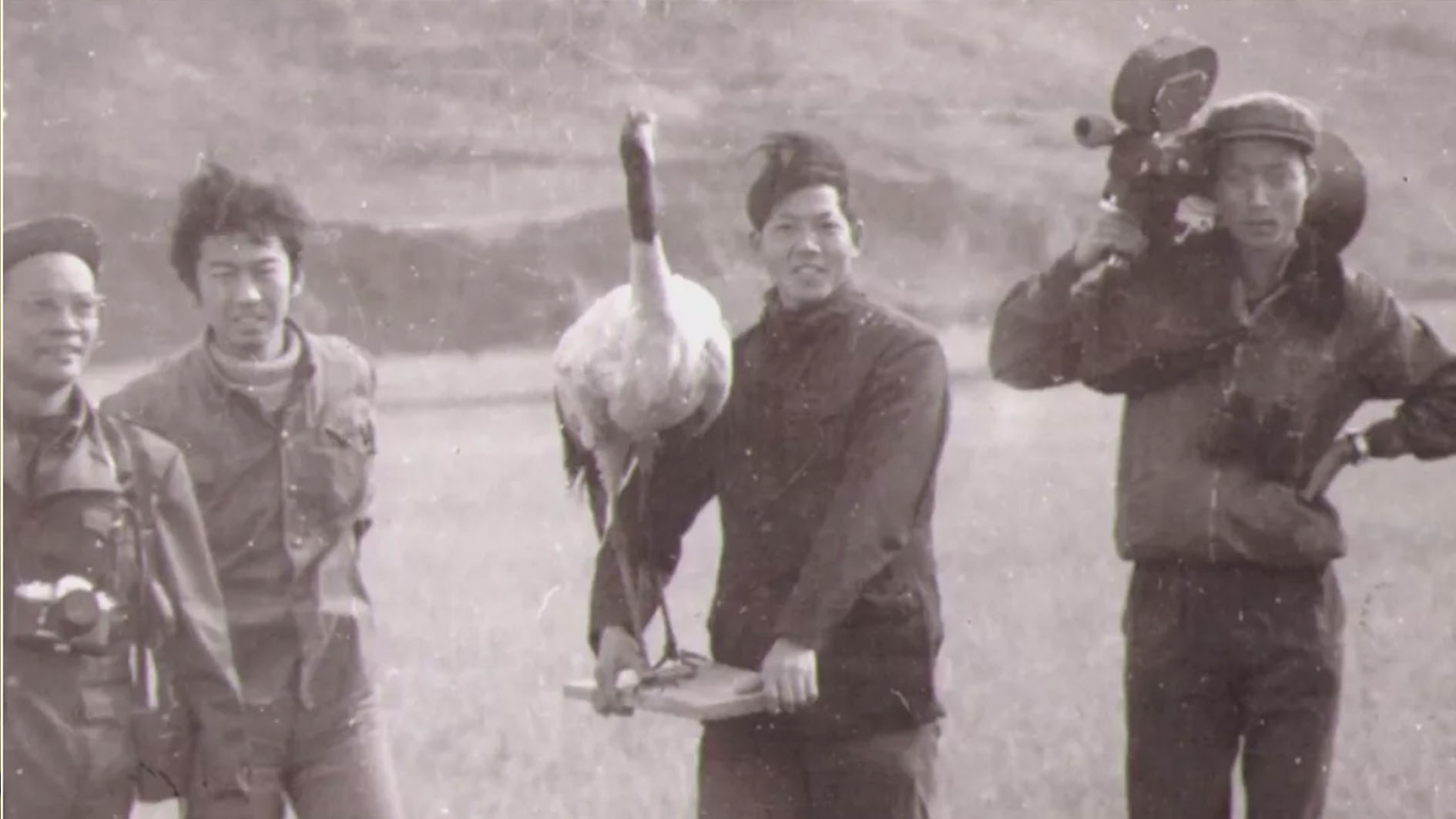
In 1983, 19-year-old Xi had an opportunity to take part in shooting a film about wild birds. At the time, people didn't know how to photograph these birds without disturbing them. Crews used to catch the birds, tie their legs with nylon ropes and then put them back on tree branches for shooting.
Xi thought that the birds captured this way had no life. Instead, he set out to learn how to photograph and film birds while they were in flight.
The more Xi filmed, the more he saw the carnage of animals killed – birds such as white wagtails that were shot by slingshots and crossbows, animal remains such as the fur of red gorals, and the skulls of takins and capped langurs. Shocked by such cruelty, Xi thought that he should do more to help protect the wildlife, as focusing on birds was far from enough.
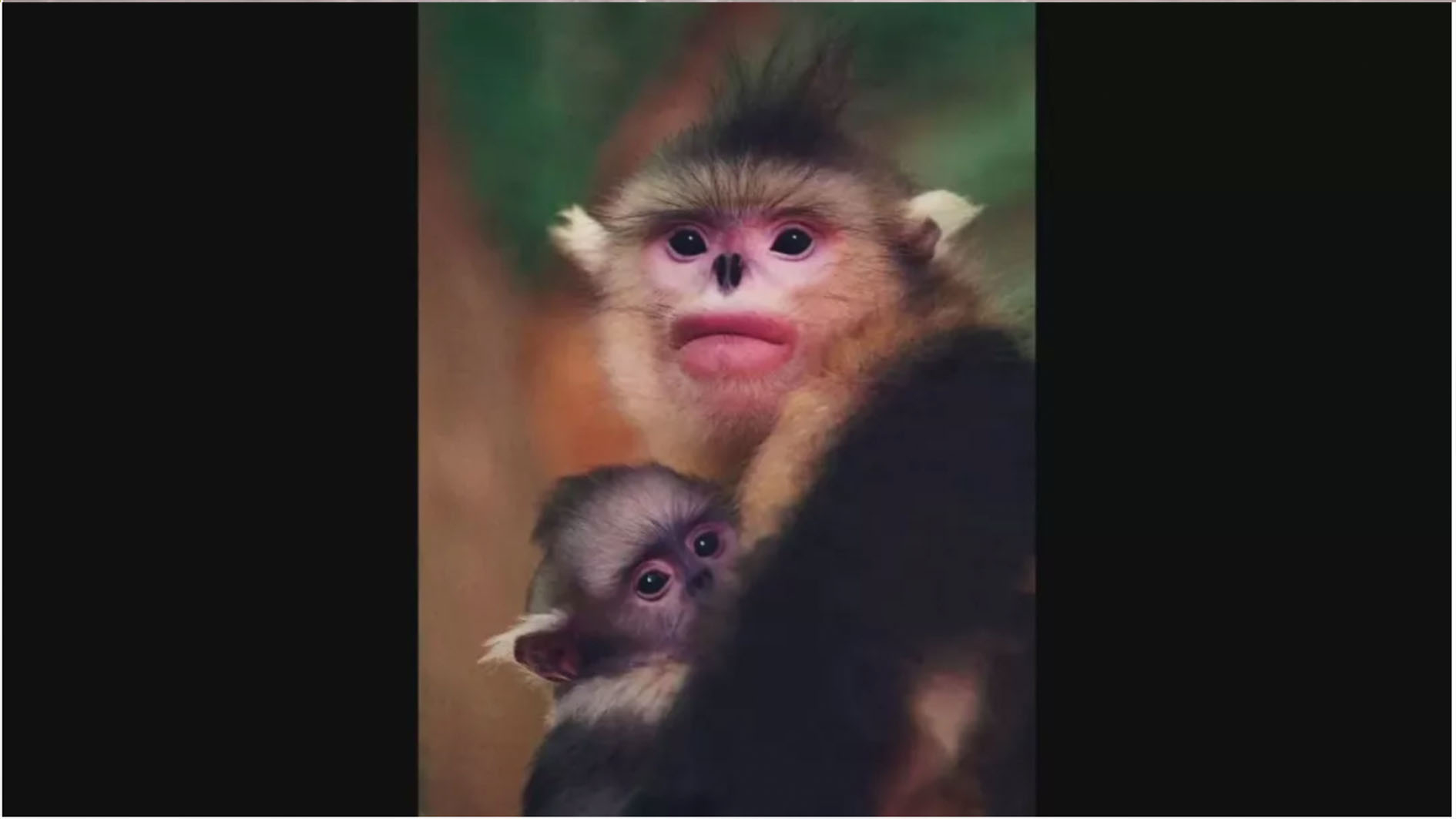
In 1992, the World Wide Fund for Nature (WWF) launched a three-year research project focused on black snub-nosed monkeys, an endangered species in southwest China's Yunnan Province, Xi's hometown. Xi followed the researchers to reach the forests at 4,000 meters above sea level. He became the first to film these striking primates in the wild. After years of effort, Xi's documentary film "Mystery Yunnan Snub-Nosed Monkey" won several international awards, including the TVE award at England's Wildscreen Festival in 2002.
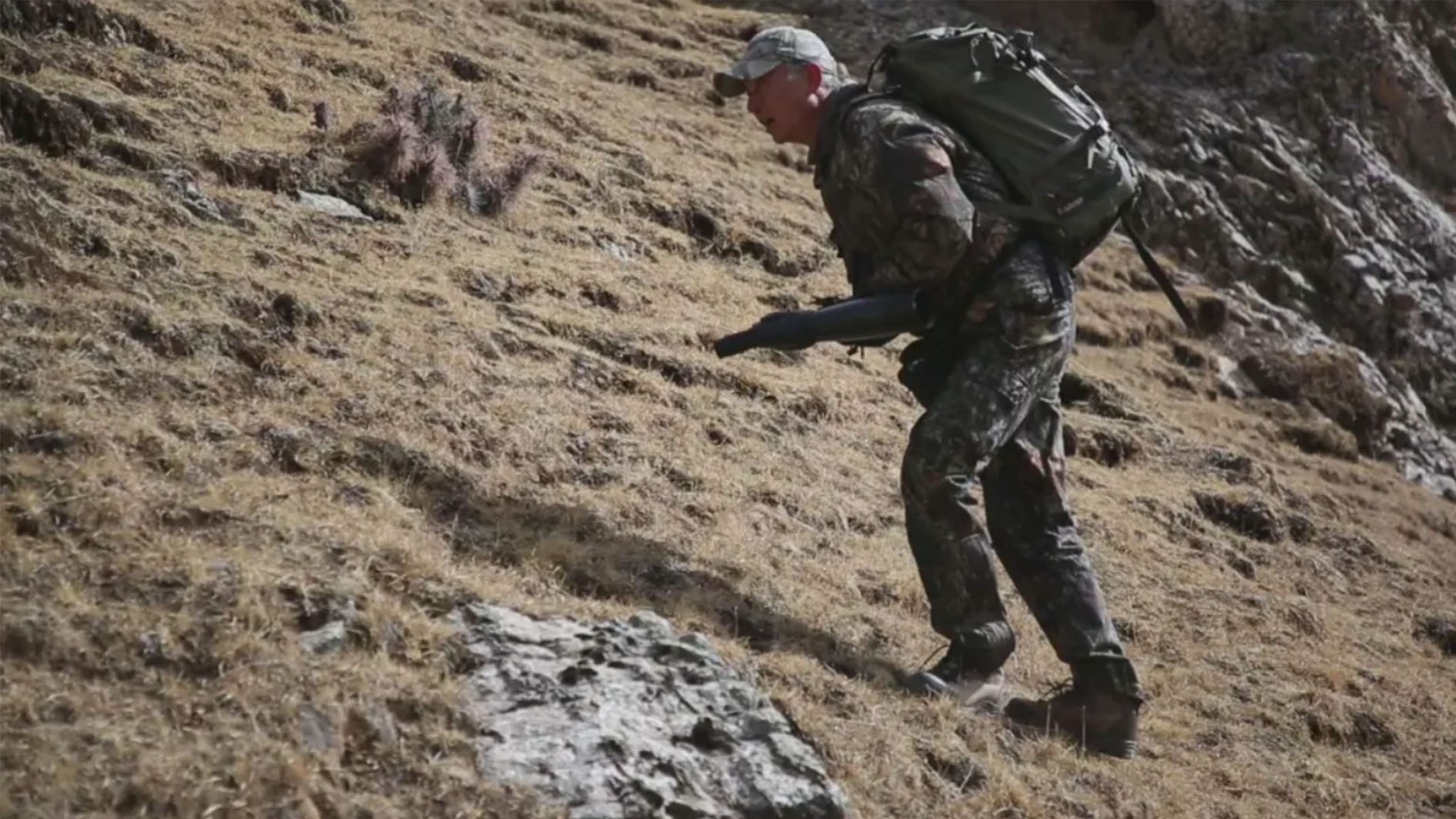
Xi made two trips to Hoh Xil in the Qinghai-Tibetan Plateau in 1997 and 1998 separately, and filmed a large amount of footage and pictures on hunting Tibetan antelopes and the anti-poaching efforts. Xi's coverage has become one of the best ways to promote the protection of Tibetan antelopes among the public. Fortunately, the Tibetan antelope is recovering and the population has grown to over 300,000.
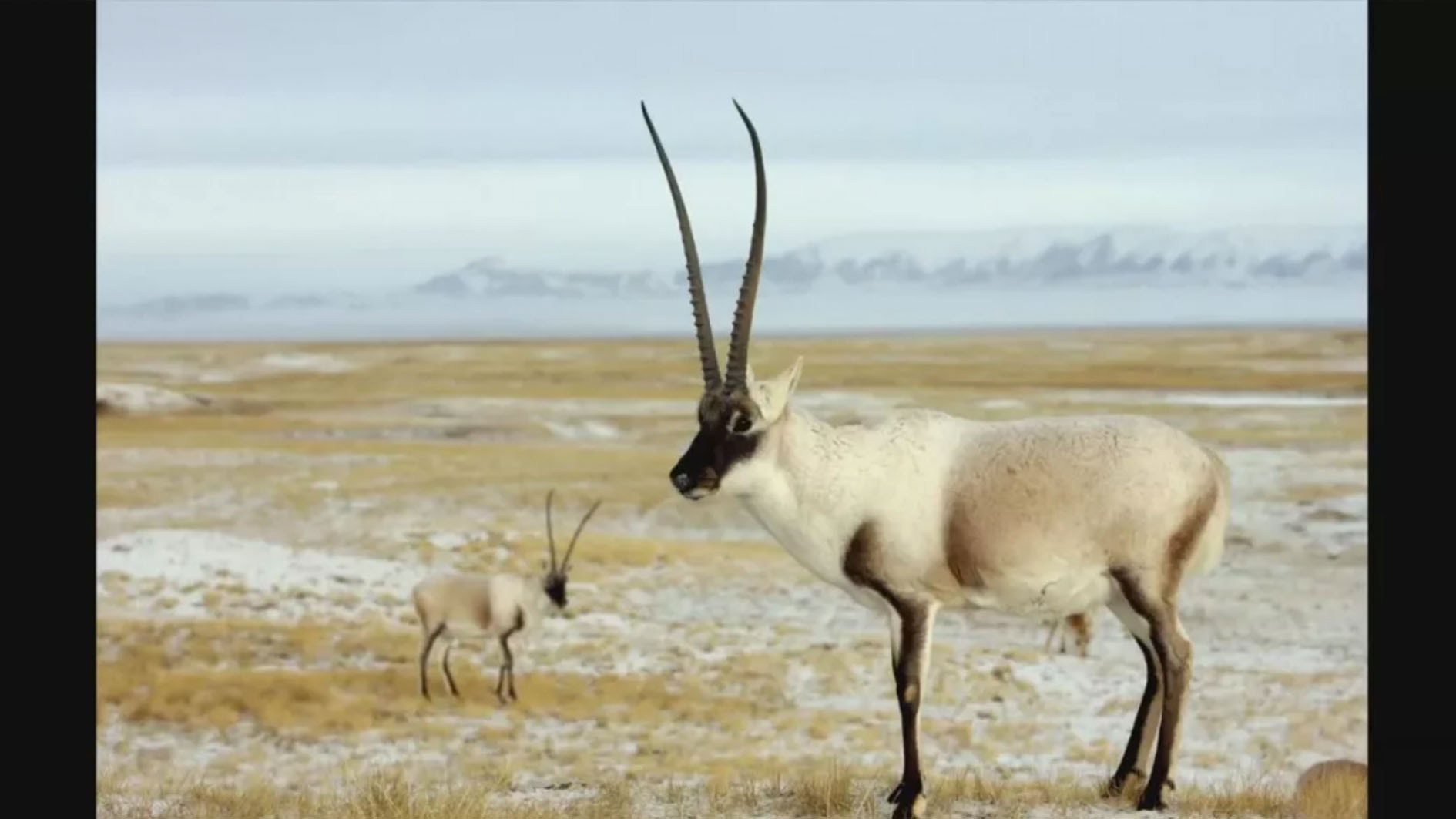
Xi not only films endangered species, but has also taken on the mission of raising awareness for the protection of wild animals and their habitats by giving lectures in cities throughout the country.

Since the reform and opening up, China has changed dramatically. Public awareness of the need to preserve the natural environment has generally improved, thanks to policy changes. Xi is one of those who have witnessed and experienced these changes.
Now, he owns a studio "Wild China Film" and uses his images to preserve nature. "I hope to demonstrate the most vivid and realistic scenery to the public. I wish natural reserves can be found everywhere in China, but the most important thing is that these reserves are impressed upon in the minds of everybody," Xi noted.
Director: Qi Mantong
Editor: Zhou Yiqiu, Qi Mantong
Filmed by: Ding Chaoge
Designer: Yu Peng
Article written by Zhang Zijia
Producer: Wen Yaru
Chief Editor: Chen Ran
Supervisor: Zhang Shilei

SITEMAP
Copyright © 2018 CGTN. Beijing ICP prepared NO.16065310-3
Copyright © 2018 CGTN. Beijing ICP prepared NO.16065310-3